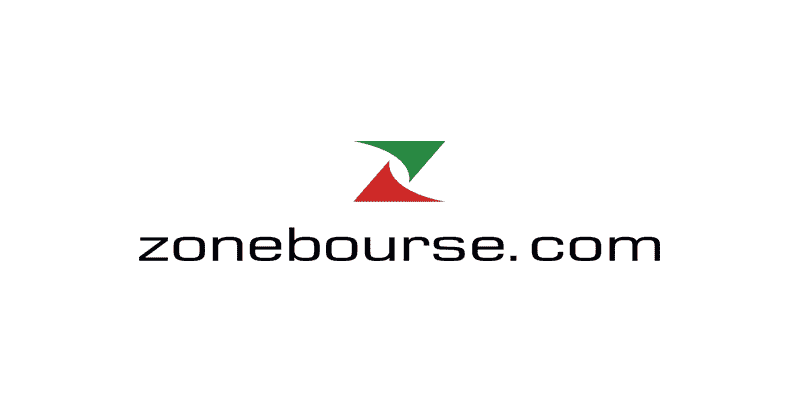Tokyo (awp/afp) – The Japanese Toyota, Honda and Nissan are the most exposed to the risks associated with climate change among the world’s main car manufacturers, according to a study by the environmental NGO Greenpeace published on Friday.
The world leader in the sector, Toyota, is the first concerned with more than 90% of its production sites highly exposed to at least one physical risk resulting from global warming (floods and hurricanes/typhoons, scorching temperatures, forest fires and drought …), according to this study based on data from Moody’s ESG Solutions.
His compatriots Honda and Nissan come in 2nd and 3rd position respectively, followed by the American General Motors, the South Korean Hyundai then the American Ford. European manufacturers (Daimler, Stellantis, Renault and Volkswagen) stand out as the least exposed of the world’s top 10 automotive manufacturers.
The overexposure of Japanese manufacturers to climate risks is not really a surprise insofar as they have many factories in Japan, where typhoons are frequent.
This month, Toyota and Honda also had to suspend production in some Chinese provinces due to scorching temperatures in the country leading to power shortages.
In its report, Greenpeace insists in particular on Toyota, which should be more transparent about the climate risks facing its factories around the world and “take more aggressive measures to reduce its carbon emissions”, according to the NGO.
The current global climate change differs from the natural cycles of the past in its rapidity and the fact that it is attributable to human activities, according to United Nations experts.
“Toyota has solid experience” in managing its operations in the event of disasters linked to climate change, earthquakes and fires, the Japanese group reacted on Friday in an email sent to AFP.
“As it is impossible to predict exactly when, where, and what type of disaster will occur in each country and region,” Toyota believes it is “more important” to create a comprehensive, group-wide system to minimize the damage and cooperate as early as possible with its suppliers, “rather than revealing the level of climate risk” in each country where it operates.
afp/buc
